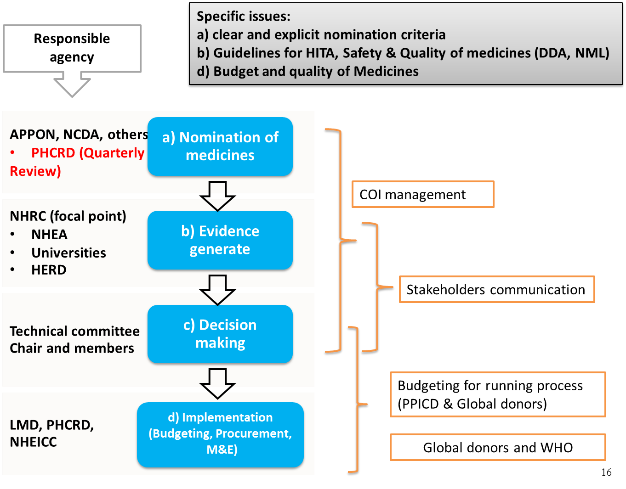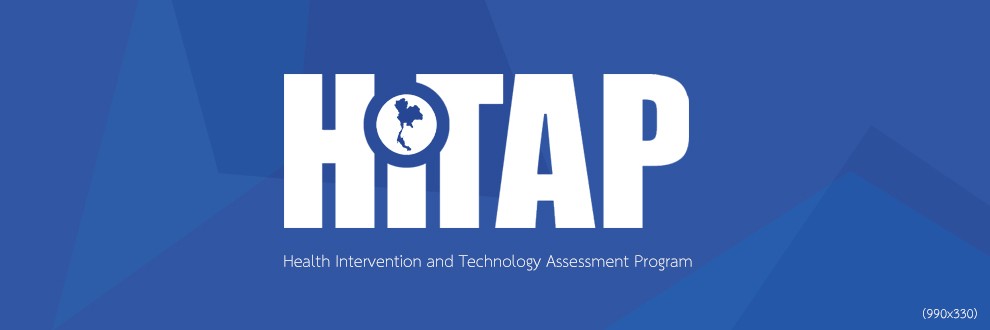This website uses cookies so that we can provide you with the best user experience possible. Cookie information is stored in your browser and performs functions such as recognising you when you return to our website and helping our team to understand which sections of the website you find most interesting and useful.
Free Drugs List (FDL) Nepal
Project Code
10-2-016-2558
Research team
Researchers
Co - Researcher
Project Details
Start: 1 December 2015
End: 31 March 2016
Project Status
Completed - 100%
Viewer: 870
Publish date1 July 2020 09:42
Project Summary
Governments worldwide are facing the challenge of balancing limited resources and the increasing need for improving the healthcare of their population. Universal Healthcare Coverage (UHC) to ensure equitable access to essential health services doubles the challenge for governments, especially in resource-limited settings. As a result, health priority setting is an inevitable task. The World Health Assembly (WHA) endorses Health Intervention and Technology Assessments (HITA) as a priority-setting tool and process for supporting governments making systematic, participatory, and evidence-based resource allocation. The World Health Organization, South East Asia Regional Office (WHO SEARO) is responding to this endorsement for technical support of HITA development in the region through country projects for the government’s health arm. WHO-SEARO appointed the HITAP International Unit (HIU) to provide technical assistance to the Nepalese government because HITAP is involved in the development of the pharmaceutical reimbursement list in Thailand, which applies HITA methods and approach.
This project offers technical assistance to Nepal focusing on the development of the Free Drug List (FDL), which comprises of 70 medicines to be procured by the Nepalese government and provided for free at all primary healthcare facilities. The current list was updated from the previous list which was composed of only 40 drugs. Stakeholders were concerned about the lack of a clear process for the selection and inclusion of new drugs. Another concern is whether there are drugs that should be included but are currently excluded from the list. Given that the current government expenditure on drugs remains low, at approximately $1.5/capita in 2011, the FDL is expected to expand in a more systematic way. The stakeholders believe that if the FDL has a robust development process, it can ensure effective implementation (for example, taking into account the cost implications of the list) and impact.
 Project’s Aims
Project’s Aims
Project’s Output
The HIU team and WHO will conjointly develop a two-page policy brief for Nepal’s Primary Health Care Revitalization Division (PHCRD) to use in communicating with high-level decision-makers in the establishment of the proposed FDL development process. HIU will provide technical support including hands-on training for HITA to the Nepal Health Research Council (NHRC) and to the Secretariat of the Technical Committee, given the appointment of the evidence generation focal point and the Technical Committee. The HIU expects to produce the following output:




